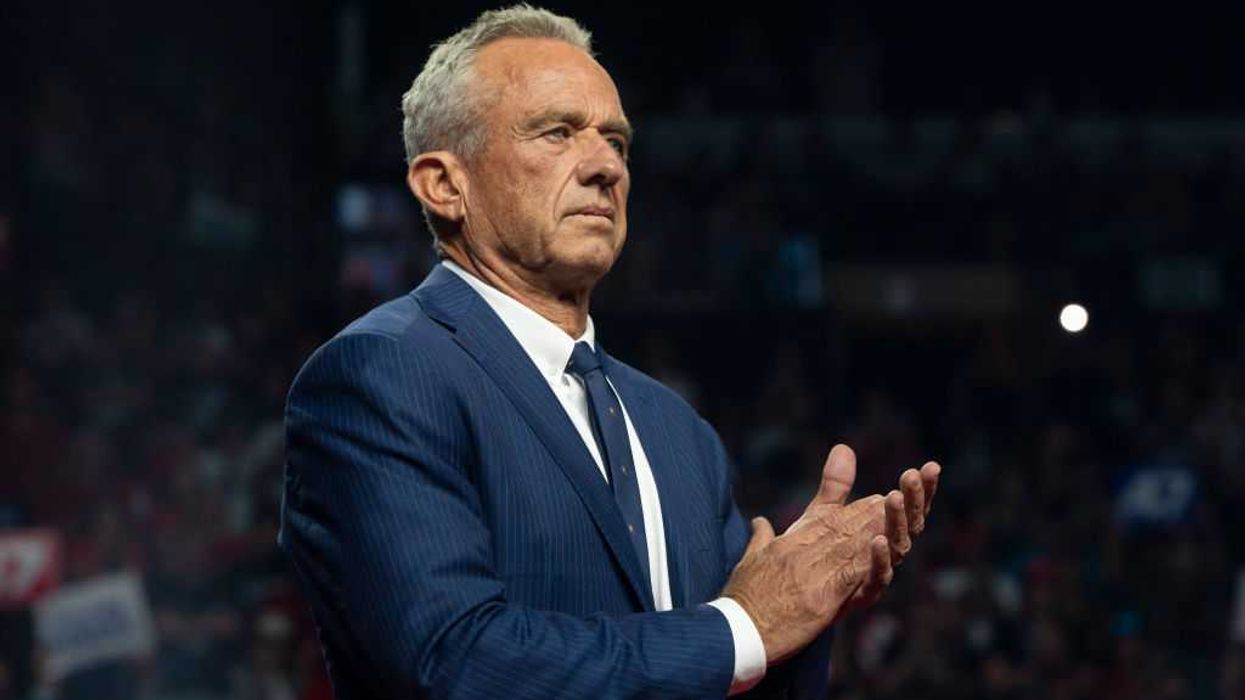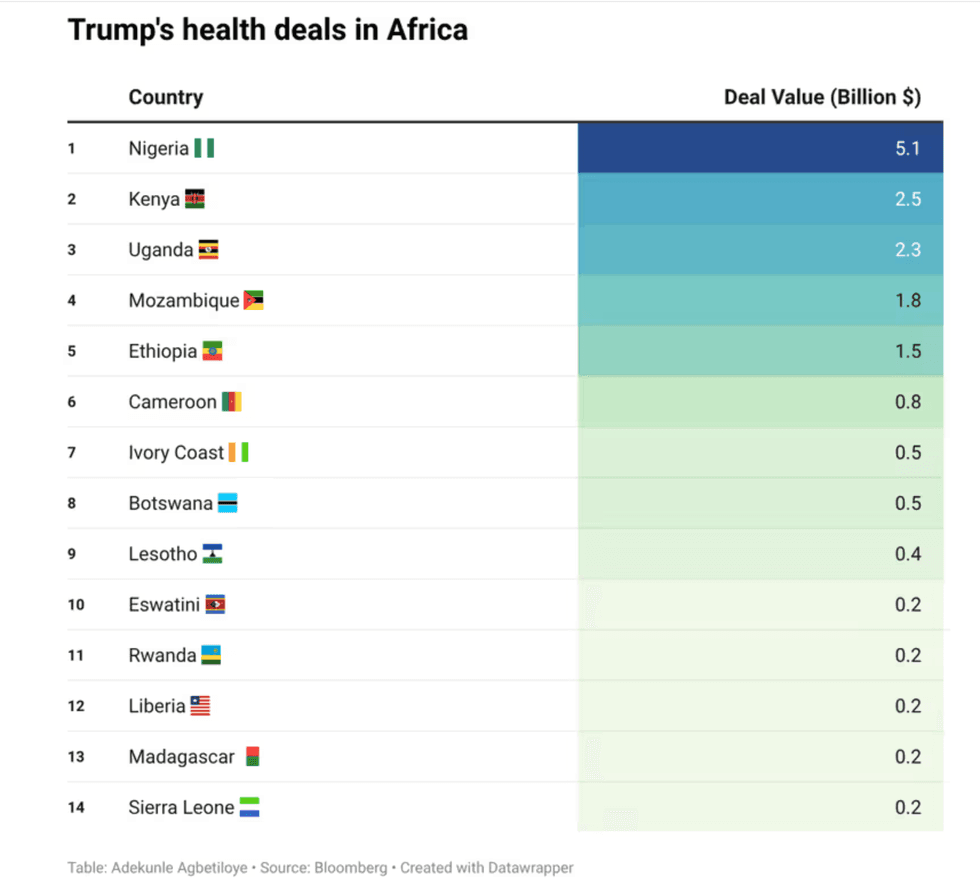Robert F. Kennedy Jr.’s recent embrace of saturated fats as part of a national health strategy is consistent with much of Kennedy’s health policy, which is often short of clinical proven data and offers opinions to Americans that are potentially outright dangerous.
By promoting butter, red meat, and full-fat dairy without clear intake guidelines or scientific consensus, Kennedy is not just challenging dietary orthodoxy. He’s undermining the very institutions tasked with safeguarding public health.
Kennedy has publicly praised saturated fats, claiming they’ve been “unfairly demonized” and suggesting Americans need more of them—not less. He suggests that Americans should follow a carnivore-style diet and has hinted that new federal guidelines under his leadership will reflect this shift.
Yet he has failed to specify a safe upper limit for saturated fat intake, ignoring decades of research linking it to elevated LDL cholesterol and cardiovascular disease.
Kennedy’s statements contradict the American Heart Association's recommendation to keep saturated fat below 6% of daily calories and the U.S. Dietary Guidelines' cap of 10%.
The risks of saturated fats are clear, as illustrated in this chart:
As saturated fat intake rises from 5% to 25% of daily calories, LDL cholesterol climbs from 100 to 160 mg/dL. The risk of heart disease more than doubles.
These aren’t abstract numbers—they represent lives shortened, families disrupted, and billions in preventable healthcare costs.
Kennedy's rhetoric may appeal to populist instincts. Still, it erodes trust in science and weakens the government's constitutional duty to "promote the general welfare." Public health policy must be grounded in evidence, not ideology. When the Secretary of Health and Human Services ignores science and promotes half-baked ideas, the health of millions of Americans is put at risk.
Kennedy’s framing of saturated fat as a victim of elite misinformation weaponizes distrust at a time when civic cohesion is already fraying. Dangerous medical narratives from the top health official in the federal government cannot be ignored.
This is not the first time Kennedy has promoted unscientific, potentially dangerous health practices. Kennedy's tenure as Secretary of Health has focused on debunked claims such as vaccines being linked to autism, the unfounded linkages of acetaminophen (Tylenol) use in children and pregnant women to autism, citing unverified studies, to name a few.
Kennedy has urged Americans to "stop trusting experts" and instead "do their own research," a stance that has drawn criticism from public health leaders.
The Secretary of the U.S. Department of Health and Human Services (HHS) is the chief executive of the federal agency responsible for protecting the health of all Americans and providing essential human services. The Secretary oversees major public health institutions, including the Centers for Disease Control and Prevention (CDC), the Food and Drug Administration (FDA), the National Institutes of Health (NIH), and the Centers for Medicare & Medicaid Services (CMS). His role includes setting national health policy, managing public health emergencies, regulating food and drug safety, advancing medical research, and administering programs that serve vulnerable populations, as well as playing a critical role in shaping federal responses to issues like pandemics, opioid addiction, mental health, and health equity.
In a joint statement in early October from six former Surgeons General (including Vivek Murthy, Jerome Adams, Richard Carmona, David Satcher, Joycelyn Elders, and Antonia Novello)
“The actions of Health and Human Services Secretary Robert F. Kennedy Jr. are endangering the health of the nation. Never before have we issued a joint public warning like this.”
The person in this position must advocate policy rooted in science, not personal opinions or sentiment.
David Nevins is publisher of The Fulcrum and co-founder and board chairman of the Bridge Alliance Education Fund.


















 Native American women face higher rates of death than other demographics. (Oona Zenda/KFF Health News)
Native American women face higher rates of death than other demographics. (Oona Zenda/KFF Health News)


Trump & Hegseth gave Mark Kelly a huge 2028 gift